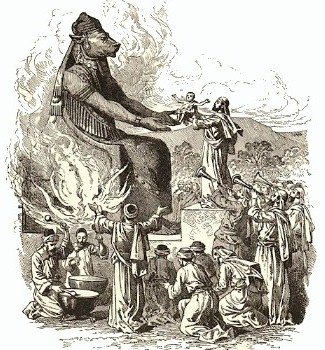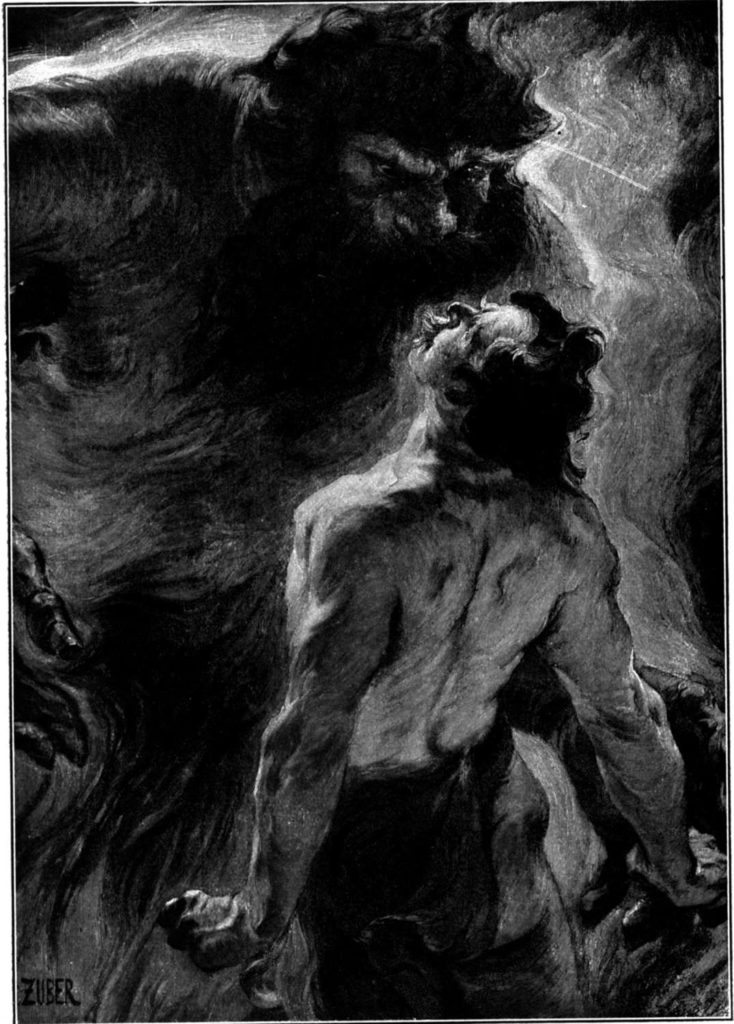Leviticus 26:1–46, Blessings and Curses Based on Obedience to YHVH’s Torah-Word

The corollary to this passage is Deuteronomy chapter 28. These judgments come upon a people who have forgotten their Elohim because they have been blessed materially and in their self-sufficiency have forgotten who is the source of their blessings. The Torah continually stresses that blessings are contingent upon obedience to YHVH. Similarly, Yeshua reveals that rewards in his everlasting kingdom are also contingent on obedience to his Torah-laws. The greater the obedience, the greater the reward (Matt 5:17).These principles are universal, yet how we tend to forget the cycles of history that repeat themselves over and over again like the unstoppable turning of giant millstone grinding into powder those who refuse to learn the lessons from the past. Each generation proudly asserts it’s exceptionalism and that, somehow, it’s immune to YHVH’s inexorable and immutable principles of divine judgment. Only in the perfect hindsight of history can we see the fallacy of this assumption. Ancient Israel failed to learn these lessons as have subsequent people who claimed to follow the Bible.

In the case of America, and Great Britain before her (and other formerly European Christian nations as well), there was in times past a national consciousness of core biblical values and, to one degree or another, a general public acknowledgement, acceptance of and respect for the Elohim of the Bible. However, as a nation becomes blessed, it reaches an apogee of prominence, power and wealth where it becomes rich and increased with goods and no longer needs Elohim—or so it thinks. It become fat and forgets the source of its wealth and falls into a state of self-sufficiency leading to spiritual blindness in that it fails to recognize its true spiritual state (recall YHVH’s warning to a lukewarm church in Rev 3:14–22). This can happen to individuals, churches and to whole societies.
Because YHVH loves his people and wants to walk among them, to be their Elohim and to bless them (Lev 26:12), when they disobey him and walk in ways that are harmful to their well-being, like any loving parent, he is forced to discipline them. Again and again he sends them his prophets and watchmen to warn them that they’re on a path of self-destruction. But because of pride, they refuse to humble themselves and repent (Lev 26:40–41). It’s the same old story over and over again. Human pride insists that “judgments can’t happen to us because we’re so special.” “All things will continue as they have from the beginning and no evil shall befall us” a self-assured society and individual retorts in mocking and scoffing tones to all those who would hold them accountable for their errant ways (2 Pet 3:3–7). If only the great people, nations and empires that have already trodden this well-worn path and are now in the dust bin of history could speak from their graves and this generation had heart ears to hear!
Continue reading







